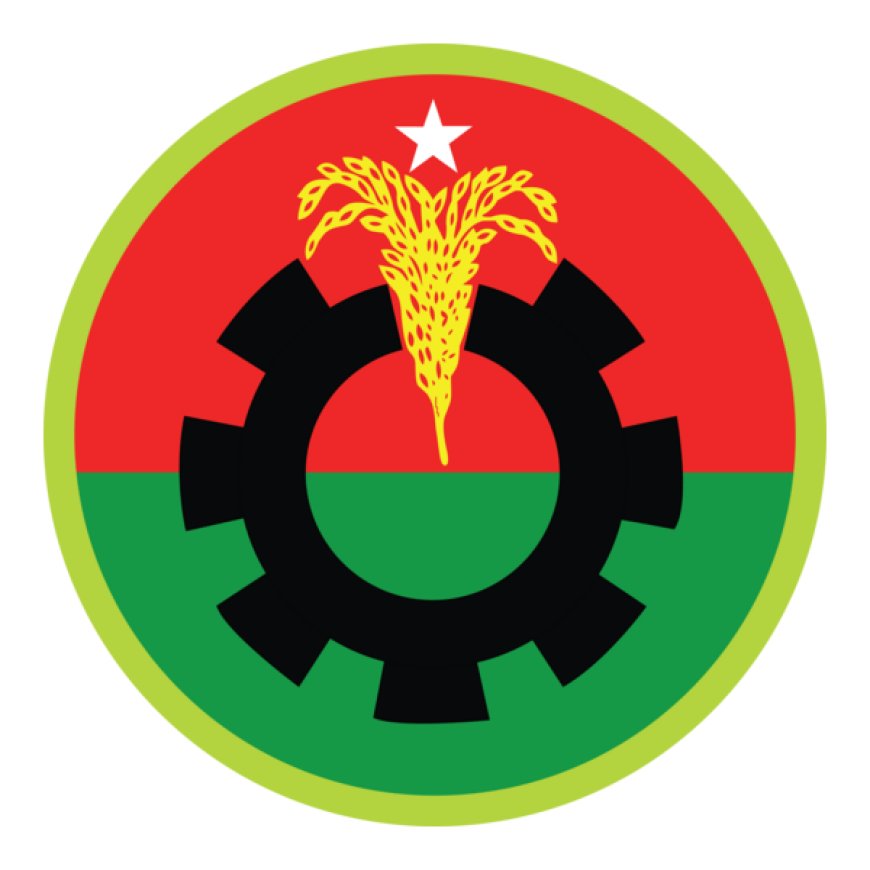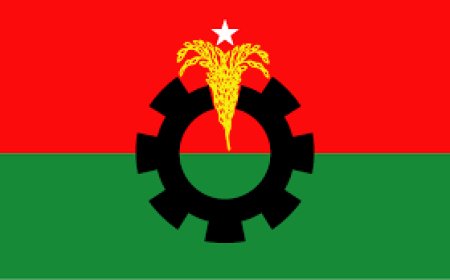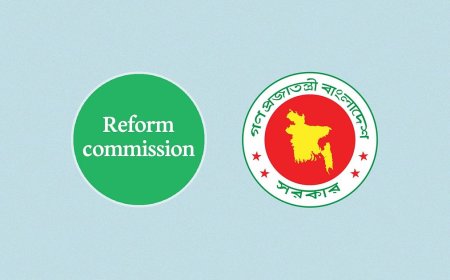Why Is BNP Silent on the Killing of Its Own Activists?
Why Is BNP Silent on the Killing of Its Own Activists?

A few days ago, Zahidul Islam, a private university student and Chhatra Dal activist, was fatally stabbed following an altercation with gang members who accused him of leering at two female students. He was rushed to the hospital but did not survive. His killing starkly illustrates the deepening culture of intolerance and impunity, especially among the youth.
Allegations have emerged linking the attackers to the Students Against Discrimination movement. In response, BNP and Chhatra Dal launched protests, calling the killing politically motivated. The accused group issued a counter statement. Amid this war of words, a 22-year-old lies dead and a grieving mother demands justice: “Bring the killers before me,” pleads Parveen Akhter, Zahidul’s mother. “What was my son's fault?” Who can answer her?
At a BNP protest rally over Zahidul’s death, party activists chanted disturbing slogans: “Catch them and slaughter them all.” Such rhetoric reflects not only the party’s ethos but also the broader degeneration of political discourse in Bangladesh, where power is often gained and maintained not through democratic means but brute force. Street politics has become the primary battleground, not parliament.
Opposition parties seek to topple governments, while ruling parties weaponize state institutions to silence dissent. In this toxic political culture, extremist slogans and retaliatory killings become normalized. But these words carry weight—on public psyche, on youth, and in the eyes of the international community. The mass protests in July were a rare opportunity to break with this violent legacy. The UN Human Rights Commission reported that this opening came at the cost of 1,400 lives, mostly young people under 30.
In the aftermath, political parties scrambled to claim ownership of the movement, tallying their martyrs. But how many truly absorbed its message? How many are willing to reform?
While the police are investigating Zahidul’s murder, political killings have continued unabated. In the past eight and a half months since August 5, most of the victims have been BNP members. Many of these deaths stem not from clashes with rival parties but from internal feuds. A Human Rights Support Society (HRSS) report dated April 25 revealed that between January and March alone, 47 people died in political violence—27 of them BNP activists killed by their own party members.
The list continues: five Awami League activists died in internal clashes; eight people were killed in BNP-Awami League confrontations; others died in BNP-Jamaat and Awami League-NCP clashes. In Chattogram’s Raozan, Mirsharai, and Anwara, ten BNP members were killed and 350 injured in the last eight months. According to Samakal (April 12), 51 BNP members were killed in internal strife over this period.
What is the political cost of this bloodshed? These deaths are rooted in leadership rivalries, turf wars, and control over resources like sand, soil, and contracts. Yet BNP leadership has failed to offer a clear response. Nor have other parties shown much concern. Why is there such apathy when one of their own is murdered? Why is there no empathy—regardless of party affiliation—for a fellow citizen?
BNP often cites the killings and disappearances of its activists under the Awami League’s 15-year rule—claiming thousands dead and over 600 forcibly disappeared. Yet the party remains silent on the dozens killed by internal violence in just the past eight months.
This silence exposes how deeply embedded cronyism remains in BNP’s political DNA. The same logic that fuels violent land grabs is mirrored in party politics. Political killings have long been tolerated in Bangladesh—starting with the Dhaka University murders post-independence, through the Gopalganj killings, to the thousands lost in inter-party clashes since 1990.
A Prothom Alo report from November 5, 2013, titled Politics of Murder, Processions of Death, documented 2,519 political killings and 150,000 injuries between 1990 and 2013. These occurred under both BNP and Awami League governments, with a brief pause during the military-backed caretaker government of 2007-08.
This pattern shows that political violence is not an anomaly—it is systemic. Internal killings have become part of political calculations. Humanity is stripped away; the victim is reduced to a factional statistic. If parties cannot grieve their own dead or reflect on the lives lost to their own dysfunction, how can they promise a better future?
Breaking free from this cycle of cronyism requires more than rhetoric. It demands accountability, empathy, and the rejection of violence—starting with an end to slogans like “slaughter them all.”
What's Your Reaction?






















































































